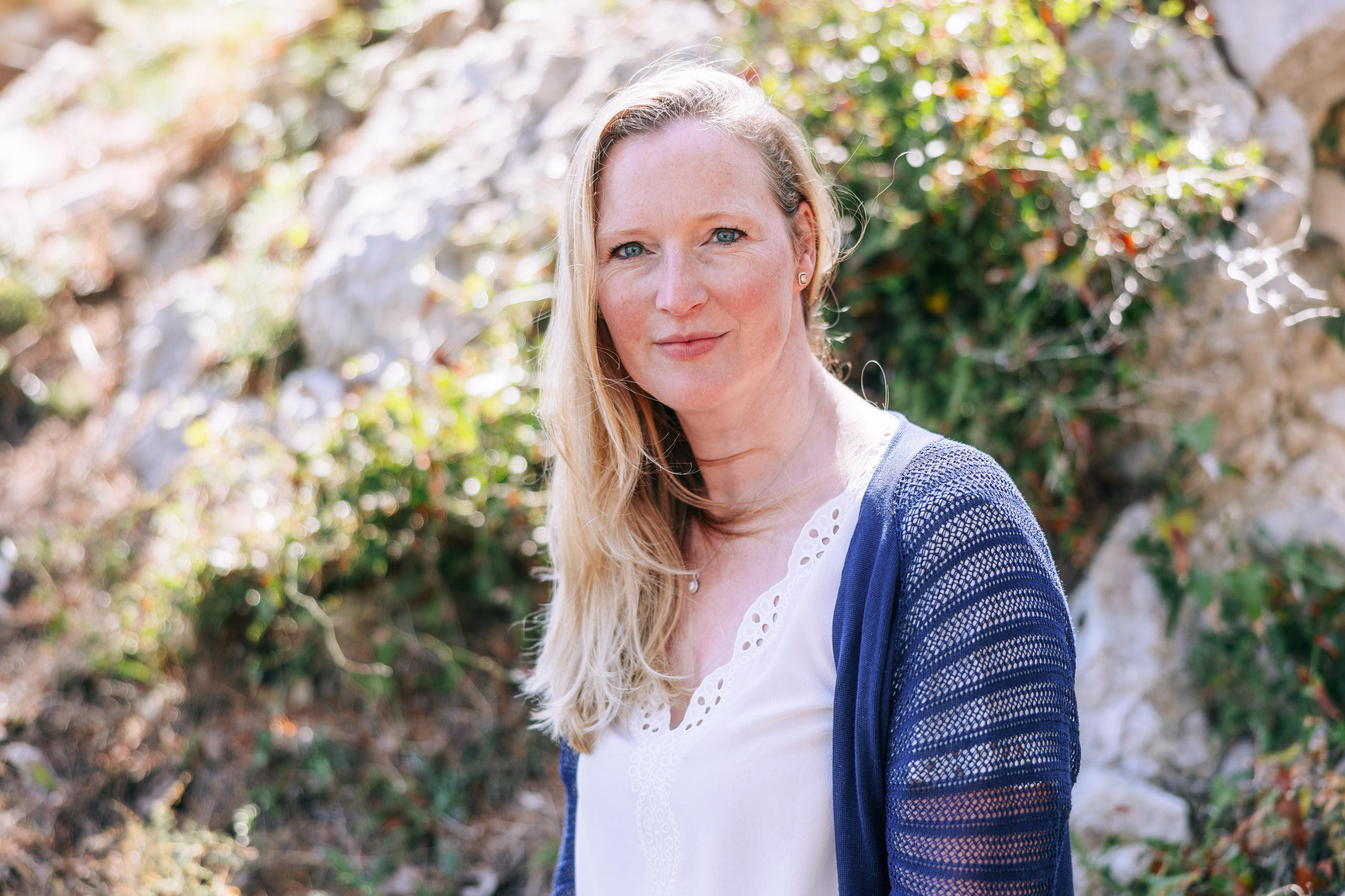
Alliance pushes for battery passports for electric cars

Car buyers deserve reliable data about the batteries that power electric vehicles, says Inga Petersen, executive director of the Global Battery Alliance. But information alone won’t convince them to prioritise batteries with better environmental and social footprints. Regulations are essential, she says.
Electric vehicles are increasingly popular. The European Commission is even hoping to ban the sale of cars with internal combustion engines by 2035. But electric cars, and in particular their batteries, have their own environmental and social problems.
For example, cobalt – a raw material used in batteries – is entangled with child labour. Many children work in artisanal cobalt mines in the Democratic Republic of the Congo. Battery production also requires a considerable amount of energy, which is not necessarily generated from renewable sources.

In 2017 the Global Battery Alliance was founded at the Geneva-based World Economic Forum (WEF) to address these challenges. It aims, among other things, to help implement forthcoming European Union battery regulationsExternal link. The new rules will require car manufacturers, as of 2027, to supply buyers with information about the environmental and social costs of batteries.
Petersen directs the alliance, which span off from the WEF in 2021, from Geneva. She spoke to SWI swissinfo.ch about its initiatives.
SWI swissinfo.ch: The Global Battery Alliance is creating a “battery passport” to encourage environmental sustainability and protect human rights. What does this initiative involve?
Inga Petersen: We aim to have each new [electric] car equipped with a passport containing reliable and detailed information about its batteries, for example via a QR code. In other words, we want to offer potential buyers – and other stakeholders – full transparency.
SWI: What information will the battery passports contain?
I.P.: They will include the technical properties of the batteries as well as information on the origins of their raw materials. Our passports will also provide data on the environmental and social impacts of the entire value chain, from extraction of the raw materials in mines to integration of the batteries into the vehicles. There will of course also be information on options for recycling and for extending battery life.
SWI: Who are the alliance’s stakeholders?
I.P.: In two years we’ve attracted over 130 members who are active across the value chain. The members come from several categories: private companies, international organisations, governments, universities and NGOs. Although we became independent of the WEF in 2021, we maintain close ties with the foundation thanks to a strategic partnership.
SWI: When will these passports be ready?
I.P.: We have, together with our members, already defined general operating rules, as well as methods for measuring a multitude of parameters. We’ve also just successfully launched three pilot projects designed to prove the feasibility of our project.
The next step will be to put a “minimum viable product” on the market, a first simplified version of the passport. To do that, we still need to define a series of parameters, for example on biodiversity or forced labour. We also need to agree on data governance, especially access rights and auditing procedures.
From 2027, all electric vehicles sold in the EU will need to have a battery passport. Our goal is to be ready by then.
SWI: You’re not the only organisation working on a battery passport. Who are your main competitors and what distinguishes you?
I.P.: In Europe, several organisations focused exclusively on the needs of the EU are working on battery passports. Since we collaborate with these organisations, we consider them above all as partners. What distinguishes us? The alliance’s approach is resolutely global because we want to be able to satisfy the requirements and parameters in all regions of the world.
For the moment, it’s not possible to predict the introduction of battery passports accurately in jurisdictions outside Europe. Nevertheless, American legislation will probably sooner or later require some type of battery identifier and/or a battery-passport framework.
SWI: Your goal is to provide information to car buyers. Will transparency be enough to affect their behaviour?
I.P.: We’re realistic and we know that a battery passport like ours will be necessary but insufficient to change car-buyer behaviour. Binding [battery] regulations will therefore be essential.
SWI: Which parts of the battery value chain do you think have real potential for improvement?
I.P.: We’ve identified enormous potential for improvement across the entire value chain – from extraction to production to integration of batteries into cars – notably through future technological improvements. I’m thinking, for example, about the huge opportunity for progress thanks to better recycling and more circular battery design. According to a report that we co-edited with [management consultants] McKinsey in January 2023, it should be possible to reduce CO2 emissions by 90%.
SWI: To ensure the reliability and security of the information in your passports, do you plan to use blockchain technology?
I.P.: We are completely neutral technologically. In other words, our system is designed so that each stakeholder has the opportunity to choose the technology and the technology providers that suit it best.
SWI: Who are your most active members?
I.P.: We have many very active members, especially those represented on our board of directors and in our three pilot projects. I’d also like to highlight enormous contributions from Canada, Germany and the United Kingdom.
SWI: Are you supported by the Swiss authorities?
I.P.: At this stage, the Swiss authorities are not yet involved. It’s difficult for some countries to join our alliance officially because this requires formal approval of our charter and its guiding principles. Nonetheless, some governmental agencies and intergovernmental organisations have put in place the complex procedures necessary for formal approval of charters like ours. We’re therefore thinking of creating an observer role in order to facilitate [countries’ participation] in our alliance.
SWI: Which key players in the battery industry are not members of your alliance?
I.P.: I wish, for example, that American and Japanese automobile manufacturers were better represented.
SWI: What is your budget and who are your funders?
I.P.: Our private-sector members pay annual dues based on their sales figures. This is the funding model used by the WEF. Our annual budget is currently around CHF2 million ($2.2 million), but we will soon try to raise additional funds for specific projects.
Edited by Virginie Mangin. Translated from French by Katherine Bidwell

In compliance with the JTI standards
More: SWI swissinfo.ch certified by the Journalism Trust Initiative






























You can find an overview of ongoing debates with our journalists here . Please join us!
If you want to start a conversation about a topic raised in this article or want to report factual errors, email us at english@swissinfo.ch.